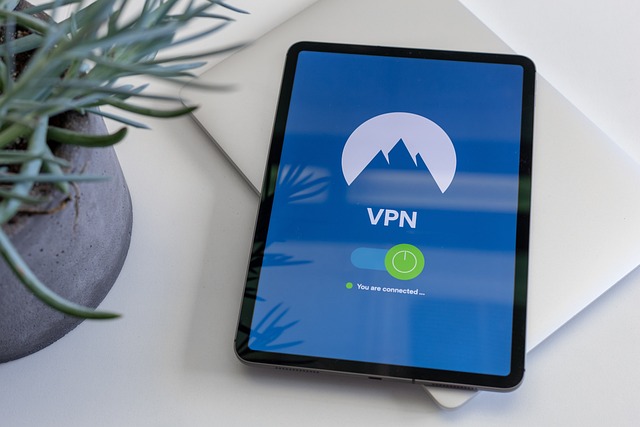With the advent of the digital age, our life and work are increasingly dependent on the Internet and network technology. Although the Internet has brought us a lot of convenience and opportunities, it has also brought a series of network security problems. Hacking, data breaches, identity theft and other issues occur from time to time, so that our network security is threatened. In this context, virtual private networks (VPN) have become an important tool for protecting network security and privacy. This article will explore the role of VPN in improving network security and show you how to choose the right VPN service provider to help you get ahead in the digital world.

First, how does a VPN protect your network security
1. Data encryption: VPN converts your network data into incomprehensible ciphertext through encryption technology, so that hackers cannot steal your sensitive information and privacy. Even on a public Wi-Fi network, a VPN protects your data from theft.
2. Anonymity: VPN hides your real identity and location information by changing your IP address. This makes your activity on the Internet more anonymous and difficult to track.
3. Prevent hacking: VPN can help you circumvent DDoS attacks and other hacking attempts and protect your network from attacks.
4. Bypass geographic restrictions: Some websites or services may be limited by geographic location, and VPN can help you bypass these restrictions, access blocked content and services, and improve the web experience.
Second, choose the right VPN service provider
1. Security: Security is the most important factor when choosing a VPN service provider. Make sure your VPN provider uses strong encryption and security protocols to protect your data from theft and attacks.
2. Server coverage: Choose a VPN service provider that covers multiple regions of the world, so that you can use the VPN in different regions and get a more stable connection.
3. Speed and stability: The speed and stability of the VPN are also factors to consider. Choose a VPN with a fast and stable connection to ensure a smoother web experience for you.
4. Device compatibility: Make sure the VPN supports all the devices you use, including computers, phones, tablets, etc., so that you can use the VPN on different devices.
5. Log Policies: Understand the log policies of VPN service providers to ensure that they do not record your network activities and protect your privacy.
Third, application of VPN in different scenarios
1. Public Wi-Fi networks: When you connect to a public Wi-Fi network, the network security risk is higher because hackers can use this network to attack your device and steal your information. Using a VPN can encrypt your data and protect your privacy.
2. Telecommuting: As more and more businesses allow their employees to telecommute, VPN have become a must-have tool for protecting corporate data and employee privacy. By connecting to the Intranet through a VPN, employees can securely access enterprise resources.
3. Overseas travel: While traveling overseas, you may not be able to access your favorite websites and services. Using a VPN allows you to bypass geographic restrictions and access the content you need.
4. Digital Payments: When making digital payments, you need to protect your banking information and personal identity. A VPN can help you encrypt your data and prevent it from being stolen.
In SUMMARY:
In today's digital age, cybersecurity has become a major concern for us. VPN are an important cybersecurity tool that protects our online privacy and security by encrypting data, hiding identities, and bypassing geographic restrictions. Choose the right VPN service provider to help you get ahead in the online world and enjoy a safer and more convenient network experience. Whether you're surfing on a public Wi-Fi network, telecommuting or traveling overseas, a VPN is your powerful partner to keep you safe online. Let us work together to build a safer and healthier digital world.
 Email
Email